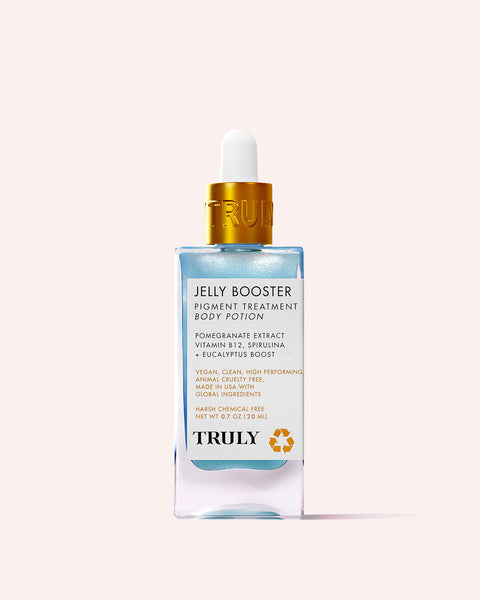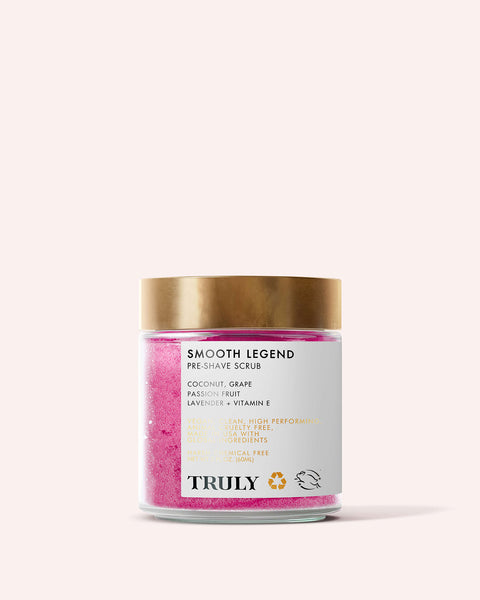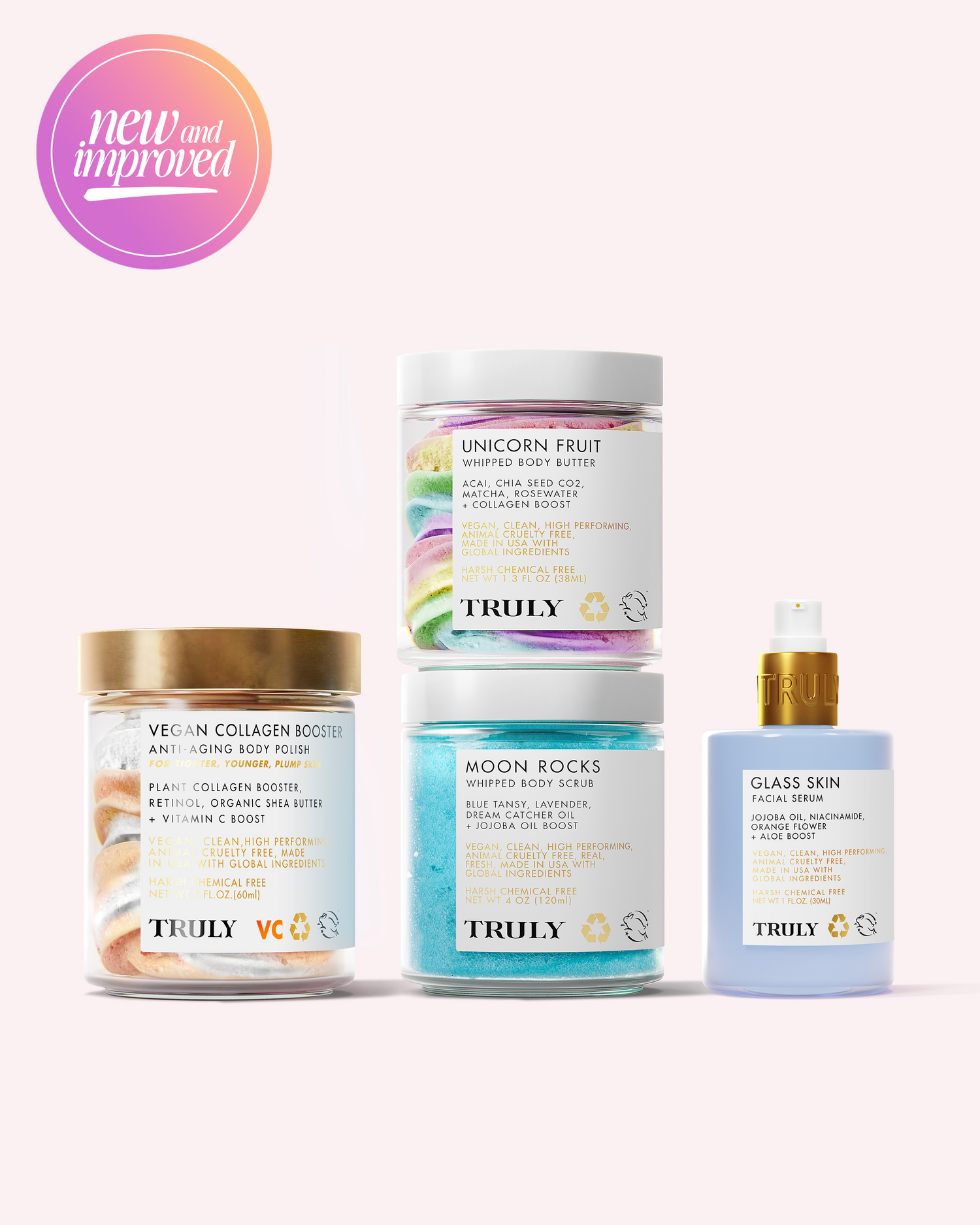What Skincare Your Body Needs ASAP After A Shower

Ever noticed how your skin feels tight and itchy after taking a hot shower?
Showering in hot water can bring on extreme dryness. It can even cause body breakouts. That's why perfecting your post-shower skincare routine is essential for leaving your cubicle feeling soft, smooth, and hydrated.
Dermatologists also insist that applying nourishing skincare products when your skin's still damp can make those oils and lotions work a whole lot better.
Here's everything you need to know about showering, its effects on the skin, and what your skin need ASAP post-wash.
WHAT SHOWERING DOES TO THE SKIN
You shower every day, right? That's a good thing. Or is it? While showering keeps your hygiene levels in check, it can also cause dry skin, irritation, flaking, and possibly even body breakouts. Is it time to scale back your shower routine?
You can still shower daily, but pay attention to your water temperature. Showering in hot water strips the skin of important natural oils. This causes dryness which can sometimes turn into eczema. And if you have a skin condition like psoriasis, excessive showering may trigger a flareup.
What's more, over-showering can rinse away the good bacteria on your skin, which may in turn lead to skin infections.
So if you thought more equals better, it's time to reconsider that philosophy. Long, steamy showers may be dehydrating your skin and opening your pores, leaving it vulnerable to oil and dirt buildup once you leave your shower cubicle.
Wondering what you can do to keep your skin feeling and looking great post-rinse? We've got you covered!
A POST-SHOWER SKINCARE ROUTINE
Here are some steps you should take immediately after rinsing and drying off.
Oil Up Your Damp Skin
Did you know that the best time to moisturize is straight after your shower - when your skin's still a little damp?
"The few minutes after the shower can be very important," says Dr. Dendy Engelman, MD, FACMS, FAAD, a celebrity dermatologist based in New York City. "Applying oil and lotion on wet skin will allow the product to lock moisture in by trapping some of the water on the skin. Oils will help to penetrate into the dermis and deliver those anti-aging actives."
After stepping out the shower, lightly pat your skin with a clean towel so that it's roughly dry but still damp. Then apply a body oil to lock in hydration and prevent your skin from drying out. Look for hydrating ingredients like coconut oil, jojoba oil, and hyaluronic acid as these provide the best body hydration.
Try: Truly's Blueberry Kush CBD Oil.
Layer on the Body Lotion
Next, apply a thin layer of body moisturizer from neck downwards to lock in the moisturizing affects from the oil.
"As soon as you get out of the shower, moisture starts getting pulled out of the skin from contact with air," says Annie Chiu, MD, a celebrity dermatologist in Manhattan Beach. She advises using a nourishing body moisturizer within a few minutes of your shower to seal in your skin’s natural moisture.
It's also important to moisturize after hair removal, as shaving is a form of exfoliation that removes the surface layer of skin cells. Exfoliating makes your skin absorb more moisturizer - so load up!
Once again, look for ingredients that hydrate such as shea butter and coconut oil.
Try: Truly's Unicorn Fruit Whipped Body Butter.
Bolster Hydration for Your Butt and Boobs
While any moisturizer is better than no moisturizer post-cleanse, nourish your boobs and butt with formulas targeted specifically for those areas for best results.
Body cleansers - even gentle ones - can strip the skin of essential oils, leaving it dry and itchy. Load up on butt and boob moisturizers infused with antioxidants to hydrate, tighten, and smooth your lady parts.
Try: Truly's Boobie Bundle & For Your Bundle Bundle.
Day Time? Apply Sunscreen
Wearing SPF every day is a must. To make sure you don't forget, apply a zinc-formulated, oil-free sunscreen after moisturizing to protect your skin from outdoor aggressors.
It's best just to complete your full body skincare routine in the bathroom right after your shower so you don't forget any of the steps. This way, you can simply leave your oils and lotions to dry, then slip into your silk robe and slippers before getting dressed.
Of course, you don't need to apply SPF if you shower in the evening. Skip this step if you're a nighttime washer.
HOW TO PREVENT SHOWER-RELATED DRYNESS AND ITCHING
- Turn Down the Temperature
Hot water is extremely drying for the skin. We know you love your hot, steamy shower sessions, but it could be the reason your skin looks parched.
Try showering in lukewarm water, and you'll notice a huge difference in the texture and appearance of your skin. Finish with a blast of cold water to close your pores.
- Use a Gentler Body Wash
You don't have to have sensitive skin to benefit from a gentle body cleanser. Everyone can benefit from using natural beauty products infused with nourishing plant and nut oils.
If you have acne-prone skin and you're using products with salicylic acid, try switching between that cleanser and another, more hydrating one. Alternatively, pick an acne body wash that's made with hydrating, soothing ingredients to counteract the drying effects of the salicylic acid.
Look for ingredients like aloe, shea butter, and coconut oil.
Try: Truly's Moon Jelly Adaptogenic Body Cleanser.
- Avoid Scrubbing
Every skin type can benefit from occasional gentle exfoliation. However, be careful how much you scrub your skin as it may leave it parched. You can still exfoliate from time to time using your fave drugstore exfoliator. Just make sure you use gentle movements and check the label to ensure it contains only natural, nourishing ingredients.
Choose products that contain hydrating heroes like glycerin, ceramides, coconut oil, or niacinamide.
Try: Truly's Blueberry Kush CBD Body Scrub.
Never thought you needed a post-shower skincare routine? Now you know you do!
It turns out, you can prevent a whole lot of discomfort just by adding a few steps into your bathing regimen.








